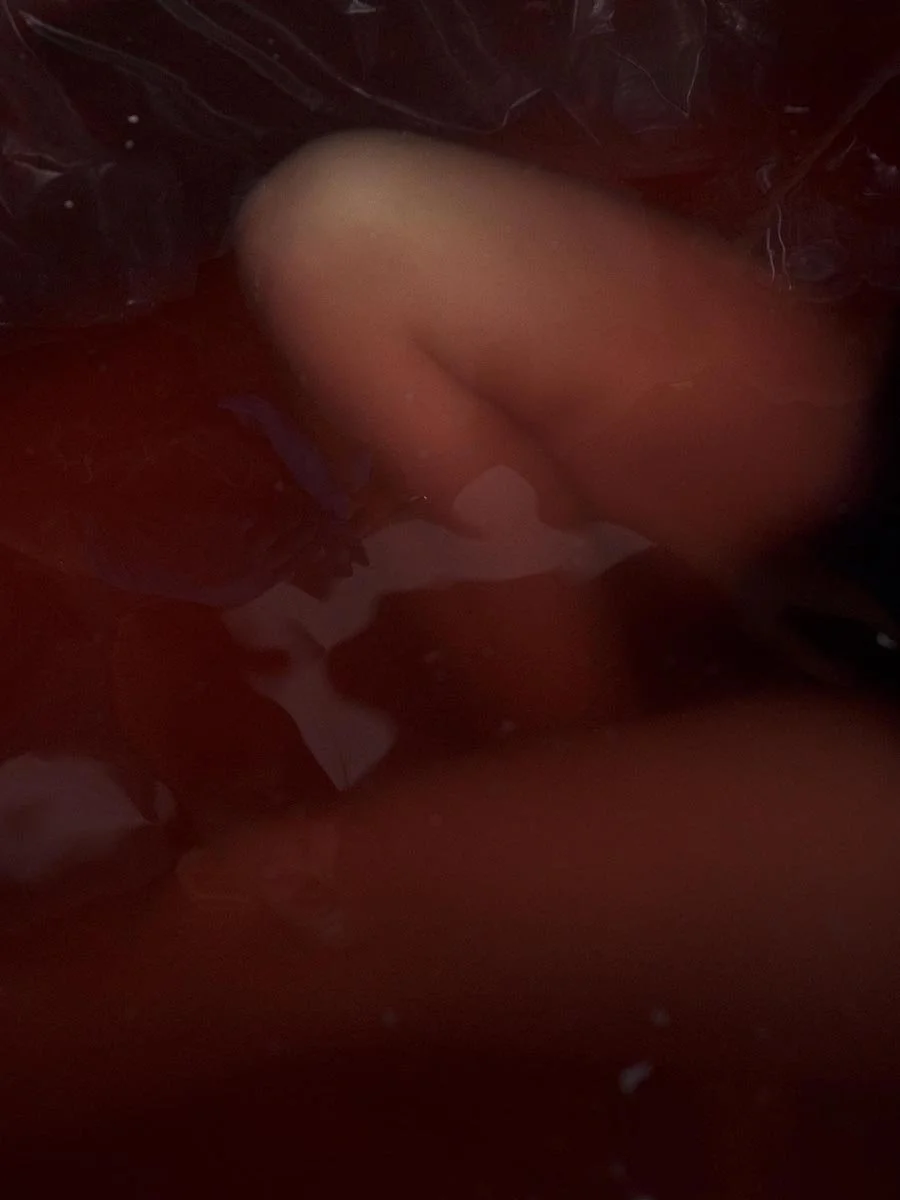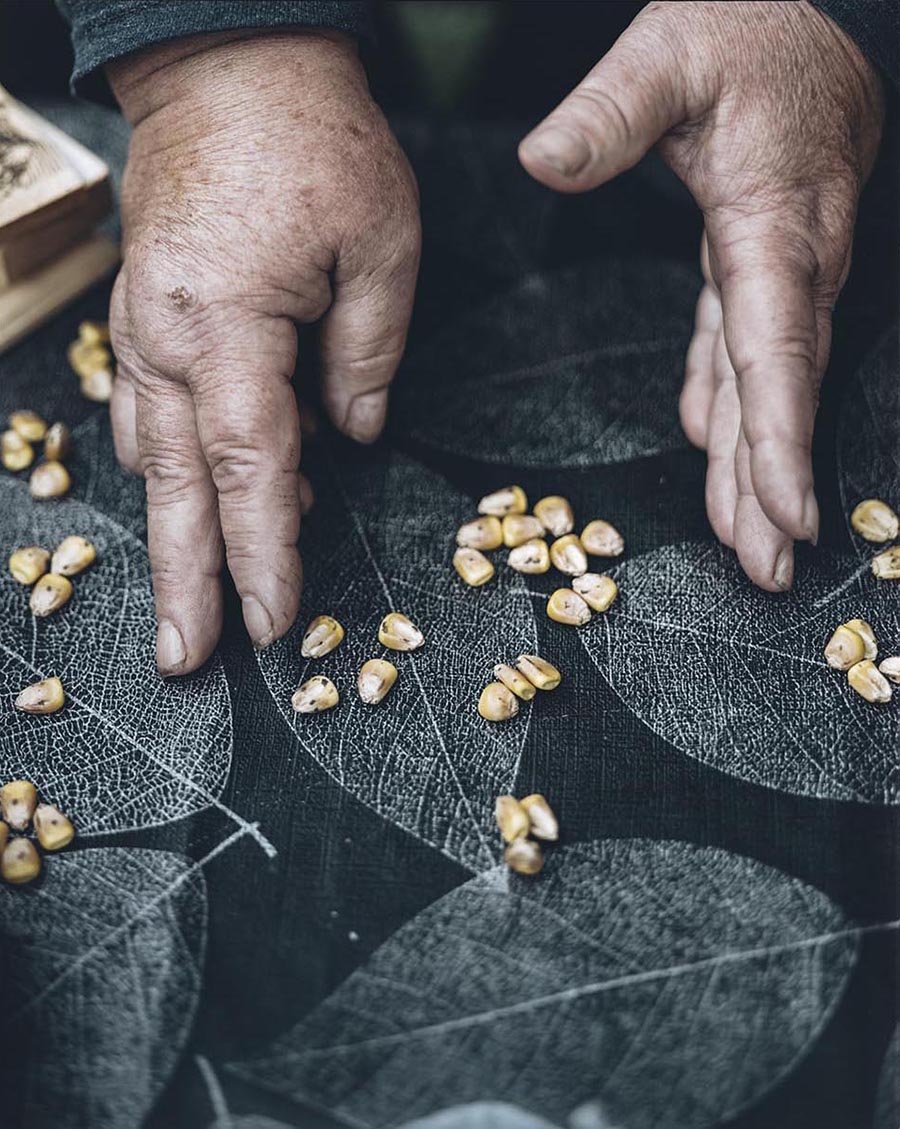







































The call of the valley
The valley of Qurdîsê lays in the dry lands of South-eastern Turkey, a stone-throw away from the Syrian border. The small village which has been inhabited for centuries is a little piece of paradise. In 1993, Turkish soldiers came and gave the villagers two hours by gunpoint to pack their stuff and leave – afterwards they destroyed the village. The fields, the animals and even the trees in the mountains were burned. Anything that could provide cover to the Kurdish guerillas.
Similar stories happened in over 3000 villages. The conflict between the Kurdistan Workers Party (PKK) and Turkish security forces has led to ten thousands of deaths, enforced disappearances, millions of internally displaced people and uncountable human rights abuses. Primarily Kurds but also other minorities such as Assyrians and Yezidis were displaced.
You could stay if you would take up arms against the PKK guerillas (often consisting of acquaintances or family members) and collaborate with the Turkish forces. In the valley of Qurdîsê, no one stayed. They call themselves ‘honorables’ – because leaving was the only right thing to do. They left with all they or their donkeys could carry, and became the cheap working force in the big cities.
In the past years those ‘honorables’ have slowly started to return as the armed conflict moved beyond Turkish borders. Although we are used to seeing the Kurds struggling as victims and refugees — and rightly so if we look at history — and repression is still present, in daily life the villagers reclaim the land and their identity intertwined with it. Against the backdrop of a vast landscape, thousands of years old, their efforts to rebuild grow like little sprouts of hope in this conflict-ridden territory.














